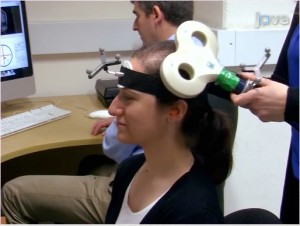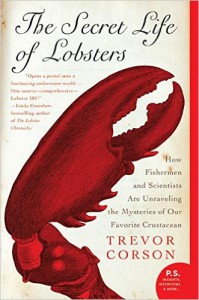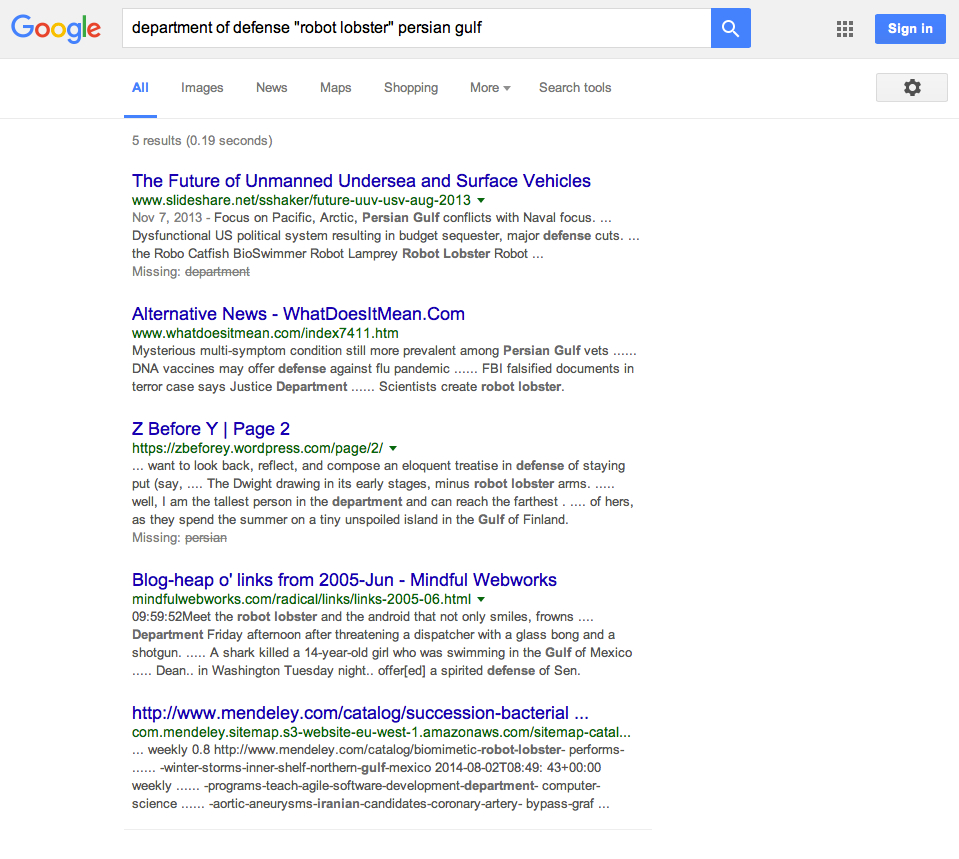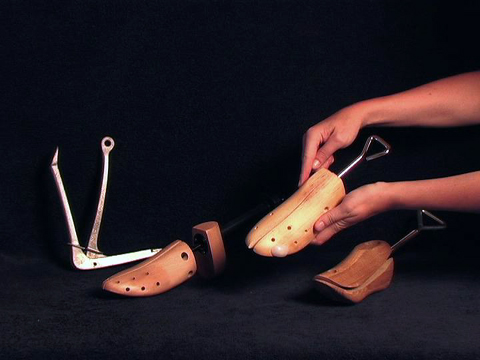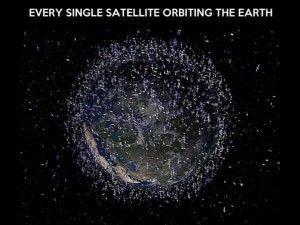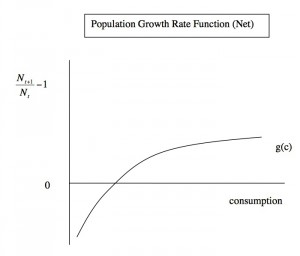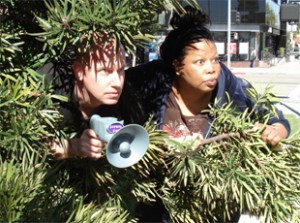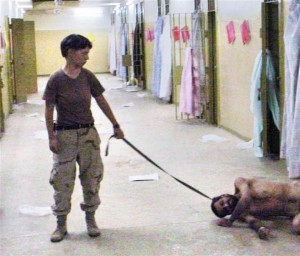Before I begin, I want you to know that I like Fennel Seeds, and she is in every respect a fantastic person as far as I am concerned. I’m pretty sure she knows this about me.
When the rubber meets the road, that’s one thing.
When you meet the road without rubber, then you can see what the road might not even have known.
I want, as I did yesterday, to posit the existence of a group. Of doers.
Strange is how complete my uncertainty is regarding the likelihood of your having knowledge of this group. They seem quite large.
They are quite young. This group, it seems at times, is comprised almost exclusively of people between 18 and 25. But this is only what is seems like. Like a sea anemone, or someone who forgot they had buttocks, perhaps this group has parts that are quite unknown to themselves. There could be families in it, with young children, who as a group go searching for things in the night–things, I say, because I don’t know what they are searching for; not exits, but maybe things that lead to them. They do the searching, the living and the dying. And there are organizers, the demographic characteristics of which I could only guess. They do the organizing.
My hunch is that this group is not a new one, but rather old. Maybe in a different incarnation, it may have been around for 60 years or more.
Usually an idea that re-occurs on its own is a good one, but that principle doesn’t apply here; this idea perhaps has never had the chance to re-occur, but instead been passed on quite impressively over time, however long. So not a good one, but a strong one. And not exactly a dumb one.
————
Any idea or belief system that doesn’t allow questions does so for only one reason: it knows that it is wrong, and that questions will reveal this. This gets tricky though, when an idea or belief system figures out how to forbid questions without even saying they don’t. This is like the coup de grace of subverting reasoning. The filet mignon of maintaining ignorance. And it’s easy, if you know how, to make people just not want to ask; to make them not even think to ask.
I knew a lady; let’s call her Fennel Seeds, who had the social kung fu. You know what the social kung fu is? If Fennel Seeds and I were at a party together, she might turn to a guy in the room and say, in a special way, “Our friend here is new in town.” You know how this works, right? At which point I am supposed to stick my hand out and say something clever like, “Oh really? I though it was jus a new town, ha HA”, but probably I don’t, because I know better and have already left. (Because I don’t have much the social kung fu, but I do have the …that’s another article.)
Now one thing about Fennel Seeds that she might not even know herself is that she totally knows how to make no one ask questions, without even mentioning the word “questions,” which this group i’m getting around to describing wouldn’t want to remind people existed. She could do it without knowing she was doing it, for hours or days or weeks. I wonder where she picked it up, this ability.
When I met Fennel Seeds for real it went like this. She was incredibly nice. So was her boyfriend, Boyfriend. They had just moved. That’s why their house felt like no one lived in it. What a nice house. What nice leather sofas. So nice. Now, did we want to stay in, or did we want to go out to a show? Did I want to put my bags in the guest room…where there was no bed… (or where there is a child’s bed, all done up in pink strawberry shortcake, in other houses like this I have been to) …or did I want to put my bags somewhere else?
Both sound great to me! I said and smiled SO big! And I’ll just hold on to my bags!
Soon Fennel Seeds was rolling around on the floor, stretching her feet at me, sort of like a cat. Should I call my boyfriend, or should he go to the store? she asked me.
Wow, you are so nice! I said. Really?
Well? she said. What do you think?
Oh, I just can’t believe how nice all this is, I said. I really don’t know about the store. She just looked at me, a little dumbstruck.
Fennel Seeds was between jobs.
—————–
Boyfriend made a trip to the store, then came back; then Fennel Seeds asked me if she should take a trip to the store. “Taking a trip to the store” meant walking two blocks to a big antique mall and loitering there.
Why is he going to the store?, I had asked her.
He needs to move his car, she said, like she was quoting something. This was funny for some reason? It was an accomplishment, for her to tell me that he needed to move his car?
Ok.
Why does he need to move his car? I had asked her.
This was not answered. Something about another guy coming over, maybe?
Fennel Seeds kept leaving the room and coming back with new things to say to me. I was partially collapsed on the couch, my bags between my feet, beaming. It was one of those weird over-stuffed leather sofas.
Do you like the couch? said Fennel Seeds.
“Hmmm!” I said.
Back out of the room.
Boyfriend’s friend some-other-guy might be coming over. What did I think of that?
“Oh, where’s he from?” is said.
“Where’s he from?” she said.
“Yes. From? Or not?” I said.
Back out of the room again. Which was too bad, because we didn’t get a chance to talk about where he might be not from.
————
He did come over.
“Come sit out on the porch with me,” said Fennel Seeds.
“Oh hell yeah,” I said.
A truck pulled in the driveway, and then out. I couldn’t blame the guy. There was really no place to park.
“Do you like my pedicure?” said Fennel Seeds, wiggling her toes. She stared at my bare feet, which a) are huge and b) sport a nice deformity from an accident I had when I was twelve. She had a little bit of a nasty grin, which cheered me up, since ‘nasty’ was healthy, compared to the rest of a mind like hers.
“Oh yes,” I said. “You are absolutely beautiful.”
“Should I ask <boyfriend> if he should go to the store?” she said.
“I have absolutely no idea,” I answered. “Isn’t it such a nice day.”
“I’ll just go see if he’s going,” she said.
“Ok,” I said.
————
Boyfriend went to the store again. And came back. I not sure if I moved while he was gone. I was back half-collapsed on the couch, bags between feet. Fennel Seeds was a little irritated.
At one point, I think they both tried to go to the store at the same time, and I went with them.
“How about a nice hot shower?” I said when we got back, trying to cheer her up. It had been pretty difficult for her to walk around that antique mall for absolutely no reason. He seemed more used to it.
“Sure!” she said.
“Thanks,” I said. “I’ll be right back.”
There was a big bottle of Cipro in the medicine cabinet, with boyfriend’s name. It took a lot of willpower, but I didn’t sing in the shower.
————
After the shower I relented a little. I tried to engage Fennel Seeds in conversation. She didn’t care at all that I was a writer, or that I was in her town to investigate what is by far the dorkiest church in the world. She was a health nut, she told me. She liked juice, and cleanliness, she told me. “Oh, that reminds me!” she said.
She went over to the bedroom and picked up a jar. “I keep these fennel seeds right next to the bed,” she said. She knelt there and shook the jar at me. “Mmmm, mmm, mmm,” she said.
Because you see, Fennel Seeds was not your average couchsurfing hostess. She was a trained, if not licensed, Beauty Operator.
————
“Where did Boyfriend go?” I asked.
“Oh, he’s around,” she said.
“Around where?” I said. I did a lap around the house, which was small. No Boyfriend.
“I don’t know!” said Fennel Seeds. She was really warming to her subject now, having remembered the fennel seeds, and wiggling on the couch in a little private ecstasy. It was hard to look at her.
“Ok,” I said, half-collapsing again, on the other end of the couch. “So what are we going to do tonight, anyway?”
She left the room again.
———–
Boyfriend reappeared a few minutes later. We all sat in the living room and didn’t say anything for awhile. Well, two of us did. Fennel Seeds — sober as a judge, I am pretty sure– was bouncing around the room like a gerbil in a bubble. I have never seen anything so sophisticatedly cheery up close.
I was hungry. My ‘friend’ (a stranger), who introduced me to couchsurfing a few months before this, without telling me anything about it, then led me straight to a man “just out of prison” who offered me money for sex, had advised me to tell my hosts that I was “go with the flow.” In big cities couchsurfing is all about the international scene. In the smaller towns it is a little different. Over and over people told me they were “just glad people were keeping it going.”
“Keeping what going,” I asked one guy. There were several hundred people listed in his midwestern town.
“You know, keep it going,” he said, looking at my more experienced couch-surfing ‘friend’ for assistance. “It’s important for people to keep it going.”
“The site is really popular,” I said. “And active. Are you worried it’s going to do a MySpace?”
“No, not like that,” he said. He looked again at my ‘friend’ for help, but said nothing.
I found this deeply, richly unsatisfying. “Is it in trouble of some kind?” I said. He didn’t answer me.
“Do you guys want to play Cards Against Humanity?” he asked.
———–
This type of thing happened quite a few times, actually, when I walked into the conversations of couchsurfers who didn’t know I wasn’t one of them. “How about that, at the meet-up last night?” one guy said.
“How about what?” I asked.
“Well, it got pretty heated, the debate about what we should do about the group.”
“Oh?” I said. “I missed all that. What’s the issue?”
Just like the keep-it-going guy, he looked at my ‘friend.’ “Nothing,” he said. And he changed the subject. I asked several other people what was going on with the group, but no one would tell me.
———–
I did not say “go with the flow” to Fennel Seeds. In retrospect, I half-wish I had: it might have been interesting to see who she decided needed to leave the house then. But on the other half, maybe I would have ended up with something stuck in my teeth. The house felt like a pressure-cooker. It was hard to think.
I did give her a backrub, just to see what she’d do. It was worth it. She shook the fennel seed jar at me again. When that didn’t work, she decided to give me backrub lessons. She taught me The Bear, and The Ice Skater. I like my own style though. Mentally, I named it The Stabbing Hovercraft. Just for her.
I decided to take them up on the show, since they had offered it. (This same routine of stay in or go to show was repeated at all three houses I visited–Mr. Just Out of Prison being a fourth. All three times I went for it, and all three times the offerer(s) said he/she/they would join me at the show later: I should go ahead. And this I did, breathing a sigh of relief.)
I grabbed some food and stuffed it in my mouth on the way home. I didn’t want to miss anything. No one had said anything about dinner. I don’t expect people to feed me, but I do expect them to eat. Maybe if I had gone with the flow, I could have been privy to their dinner plans. Maybe since I hadn’t, the three of us couldn’t be trusted to discuss this and work it out. Like children, did we need to be told what to say?
———–
I hate to go into so much detail, but I’m afraid of what your imagination might do with any time I leave unaccounted for in this recounting. After the show we went to bed. I took the couch. Poor Boyfriend. I sat up and wrote, jumpy like a … kangaroo.
The next day Fennel Seeds told me about Beauty Class.
———–
Have I told you about one of my all-time favorite books in the world? It’s called Understanding Cult Mind Control: basically the keys to the kingdom of being able to make a large group of people do whatever you want them too. But written by a guy who would far prefer you do what you feel like doing instead. I guarantee that just reading it through will quadruple your immunity to any large groups that decide what they really need is for you to be a better sex partner.
Because what Fennel Seeds told me about Beauty Class is this: not that it was empowering, or that it rid the world of puritanical ignorance and shame, or that it was fun (it sounded like anything but fun: “Be prepared to work out,” she said. “You know. Like really work out. Hard. On on your knees. For a long time. Over and over.”), but that it was beautiful because so many women were there. She said this over and over as if it made sense. She … incanted it. They had one down at the convention center here in town, she said, and it was just so beautiful: hundreds of women, hundreds of them, just…” (She didn’t finish her sentence. Or start another one. Or leave the room, even.)
I was speechless.
Show me a sane woman who thinks that a convention center full of women “working out hard on their knees” together is … beautiful. I can imagine a sane woman who thinks a group of women deciding to attack the topic of sex together, in whatever way, could be meaningful, and that meaning could be beautiful, but why would it matter how many of them were there?
———–
Now let’s talk about cults. A real cult is a group that steals your identity, and not your online identity, your actual identity, in your mind. It replaces it with a new one, a new you. The cult you. It makes you a completely different person AND controls what person you are. Cults are rare. There are maybe a dozen of them. At all.
Cults are not like getting a new job, or a new circle of friends, and changing to be more like them. If you were subliminally programmed by your television, somehow, that would be child’s play compared to what a cult does to you. It’s a very specific thing, with a very specific process.
Step 1: The cult is extraordinarily nice. You have never met anyone so nice, because you have never met anyone with such a strong and well-hidden motive. Because the cult member you encounter really wants something from you, but you don’t know that, it looks like he/she is just being really nice for no reason, which creates the impression that he/she is just a super-duper person. Who really likes you.
Step 2: The cult removes you from your typical environment and throws you off balance–for example, with bizarre questions, things that don’t make sense, hunger, or lack of sleep. You are taken away from your usual reminders of your personality, like your home and friends and family, and pressured to be like the group, which is presented as expert compared to you, the noob — and then they start messing with your psychology.
Step 3: The cult starts messing with your psychology. They alternately praise and belittle you, get you excited with huge ideas about changing the world, and then demean you. There are papers on how to do this, and formulas for it: some people think it was invented in China? It is a well-understood technique for gaining psychological control over a person, so that they will believe and do pretty much anything you say. This is done by stimulating certain parts of your mind for prolonged periods of time–specifically a) the childish parts, b) the physical comfort parts and c) the parts that we go to when we zone out in a lecture–I guess that’s the subconscious? A key component of this is making you do embarrassing things, like play silly games or sing in front of people (two examples from the book). This is practice for making you do other things you wouldn’t normally do.
The cult will also expose your vulnerabilities at this stage, by discussing topics you find emotionally distressing (looking for “your pain”) or any area of yourself you feel vulnerable about–for example, your sexual performance or physical appearance.
What’s most important here is that they show you that they know where these vulnerabilities are, and have no problem tweaking them if they want to. They want you to know that they know how to emotionally destroy you, if they should want to. This makes you very obedient, without even knowing it. No questions asked.
Step 4: The cult continues messing with your psychology. In addition to gaining emotional control through shaming tactics like embarrassment and insults and rewards, the cult introduces new terminology–specifically meanings for words you already know, or hidden meanings. This is to conform your thought patterns to those of the cult, but more to separate you from the rest of the world which does not understand the code language. The new patterns of speech mentally isolate you from “them” that don’t get it. This makes you feel closer to the cult than to everything outside it, every time you get one of their coded references. They will also dictate your behavior, sometimes down to minute details, like your clothes and how you comport yourself. For more control and to increase your identification with the cult.
Step 5: The cult presents you with goals to work towards. (At this point I feel nauseous.) As you work towards them, you are rewarded with status and approval from the people you are now psychologically submissive to. You might also be rewarded physically for conforming to the cult’s ideas, especially when they deviate from the norm or your old ideas, with food or sex or drugs. Two sets of communication are presented by the ‘experienced’ group: the verbal one paints a vision of utopia that becomes–without anyone needing to say that it is–more important than anything else, because of the second set of communication, nonverbal, reinforces this subconsciously, through food and sex rewards and near-shaming.
Another hallmark is that the vision presented is usually pretty confusing and strange; the kind of thing you almost completely understand, but somehow still remains mysterious.
Step 6: The cult has turned you into a recruiter without saying so. Simply by practicing the tactics of psychological manipulation on you and those around you as if they were the norm and not sadistic brainwashing, the cult teaches you to practice them on others. Which you will do, quite naturally, of your own volition, without anyone telling you to, by this point in the process.
Step 7: The cult turns you against outsiders, by telling you how you should act around people who are not part of the cult. In most cults, this involves violence and harassment on the part of some, directed towards whoever the cult leadership decides poses a threat to the group: ex-members, counsellors, even law enforcement.
Step 8: The cult tries to take over the world. Usually even the cult itself has an ulterior motive: in the case of the Moonies, the religious cult the book above is about, the group’s utopia vision was a peaceful and love-filled religion, but the actual goal was making money to advance the causes of certain military officials from the Korean government around the world, including the United States. Fun fact: at one point during the Reagan administration the Moonies owned the Washington Times. Practically none of their members knew this.
Cults throughout history have had problems with underage sex. I think this is less because they are full of deviants and more because young people who are sexually abused can become almost utterly controllable. In general these tactics work better on younger people whose identities are rapidly developing than they do on older people (who have mostly given up on ‘being anybody’).
When cults recruit, the more indoctrinated people they can show to the un-indoctrinated people, the better, because it enhances the pressure, and that feeling of “experts who are right versus noobs who are not wrong as long as they agree quickly.”
I saw elements of every single one of these steps in some of the people I encountered through couchsurfing. In many different parts of the country.
Help.
————
I can’t think of a stronger psychological weapon than sex. The right person with the wrong arrangement of morals could do almost anything to a group of young people who agreed to have sex as a group, “under tutelage.”
On May 17th, I had the strange luck to drive into a crowd departing the Superdome without even meaning to.
The sidewalks were packed with hundreds of young women dressed like hookers. Like-you-would-dress-if-you-wanted-to-be-a-hooker-for-Halloween-dressed-like-hookers. This is not that weird in New Orleans, but none of them looked like they were actual hookers. There were no men in sight. This went on for 4 or 5 BIG (Superdome-big) blocks. None of the women were smiling.
I tried to look up the event when I got home, (searching google for “Superdome May 17”) but all I found was this:

Which was an interesting read, I admit.
This page showed up a week or two later, when I searched again:

I think this concert was in a different building, though? These women were milling around in front of the Superdome.
Creepy: I searched just now, and this page is in the results now-it wasn’t there on June 1, the last time I searched for this event (cough, by its date of May 17th, cough).

The video is a little confusing because I drove past that very spot and didn’t even think to notice whether or not the Superdome was in blue, because traffic was backed up on the street shown and police were waving people through the intersections with glowsticks. I think it was around 10 or 11 PM when I drove though. I stopped and talked to a few of the police. One of them said to me, “We’re looking into it: we just can’t do anything about it right now.”
Huh? He didn’t say what he was looking into.
—————-
If you think you are in a cult, all you have to do is contact a psychologist and they will help you right out. It is hard to get over being lied to, but having a lot of good company helps. I mean that two ways: that spending a lot of time with your old friends and family is really healthy, and that you don’t have to feel very bad if you believed a lot of things that weren’t true, since so many other intelligent people believed them too.
Sometimes the truth comes around with its own kung fu and flicks a big pack of lies in just the right spot, so that it shatters. Along these lines…
Some of the people I talked to seemed like they had forgotten how much fun it is to be in love– to fall hard for someone, and then want to have sex with them for that reason. And isn’t that the reason most people have sex, at least most of the time? Because they are in love, or at least think they might be sometime soon?  Can you imagine life without that?
Can you imagine life without that?
I’ve found that truth pretty powerful. And effective. How could anyone forget it? It’s like they know there are a lot of not-very-nice names for what they are doing, but they can’t remember why it might be wrong?
(Also, had to think way back to being 18 – 25 to remember this, but in the sexual arena, aren’t other women supposed to be … competition?)






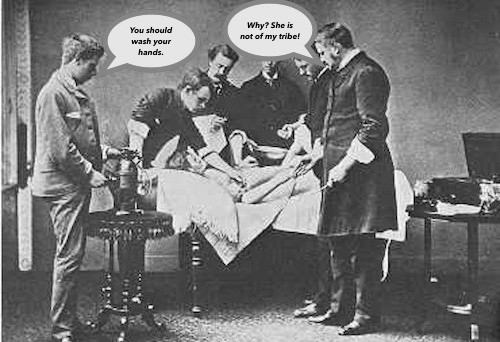




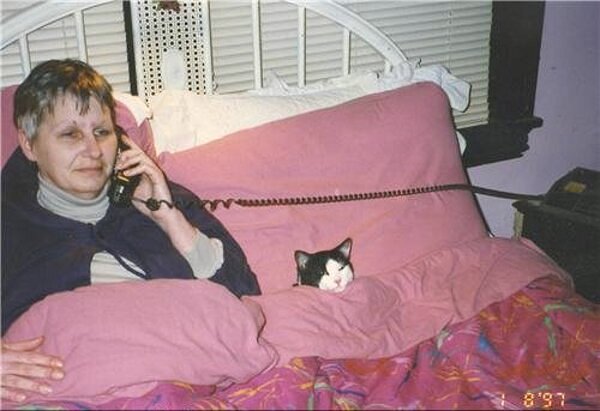
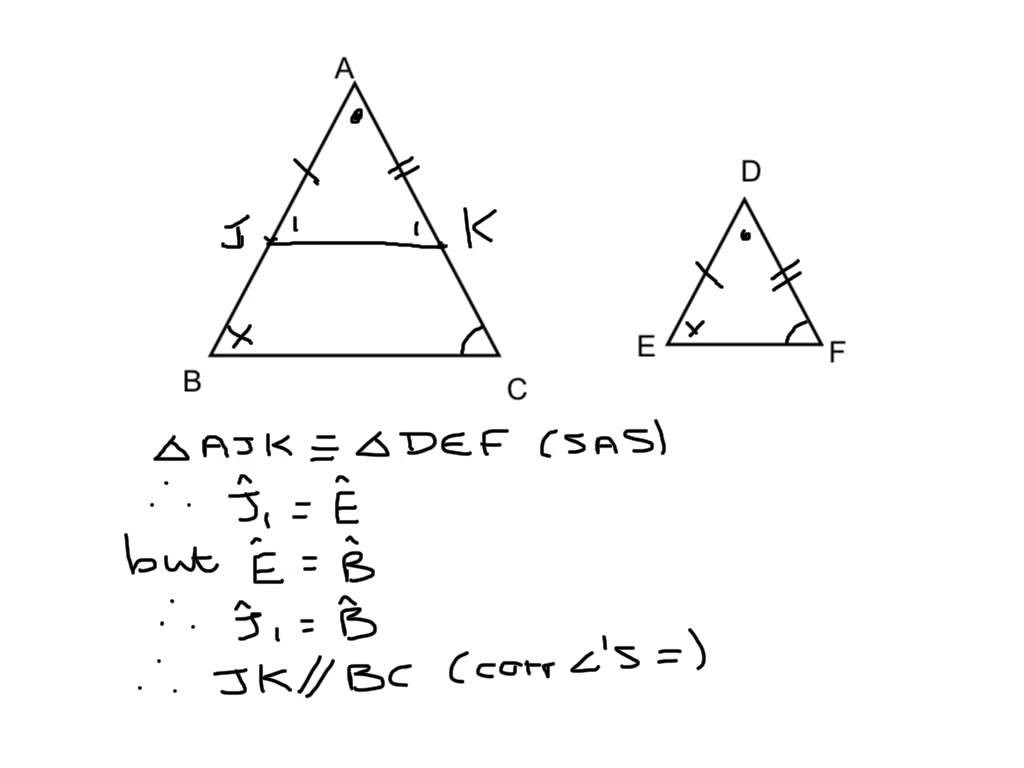



 *
*








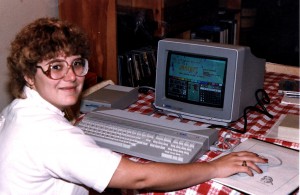


























 http://blogs.savethechildren.org.uk/2013/02/india-a-new-awakening-one-billion-rising/
http://blogs.savethechildren.org.uk/2013/02/india-a-new-awakening-one-billion-rising/



